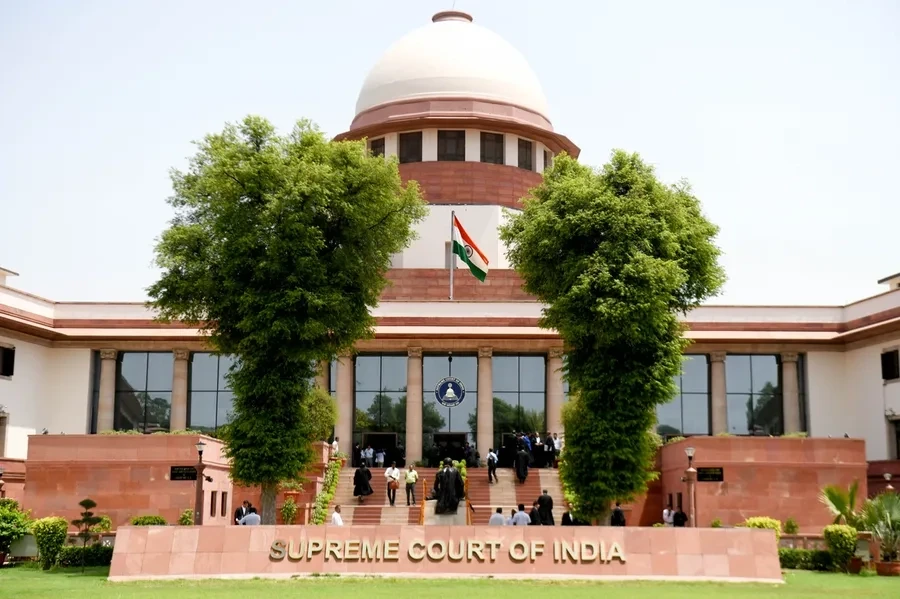New Delhi: The Supreme Court of India has critically questioned an MBA graduate’s demand for Rs 12 crore in alimony and a flat in Mumbai from her estranged husband, particularly highlighting the brief 18-month duration of their marriage.
A Bench comprising Chief Justice of India BR Gavai and Justices K Vinod Chandran and NV Anjaria probed the substantial claim, with CJI Gavai directly asking, “It lasted just 18 months. And you are seeking a crore a month?”
The woman, an MBA graduate who had previously worked in the IT sector, contended that her husband came from considerable wealth. She also revealed a distressing detail: he had sought an annulment of their marriage on the grounds that she was mentally ill, specifically claiming she was “schizophrenic.” She then asked the Court rhetorically if she appeared unwell to them.
Representing the husband, Senior Advocate Madhavi Divan argued against the woman’s demand for indefinite full financial support. Divan submitted that the woman was “educated and capable of working,” asserting that her demands were excessive and lacked legal entitlement.
The Supreme Court echoed this sentiment, emphasising that educated and capable individuals should strive for self-sufficiency rather than depending on exaggerated maintenance. CJI Gavai notably remarked, “You are employable in places like Bengaluru and Hyderabad. Why not work?” and added, “You are well educated. You should not be depending on handouts. You should earn and live with dignity.”
To determine a fair settlement, the Bench then requested details of the husband’s income tax records. While his current profession was not detailed, records from the financial year 2015-16 showed an income of Rs 2.5 crore and a bonus of Rs 1 crore during his employment at that time.
Considering the short duration of the marriage and the principle of self-reliance for professionally qualified individuals, the Court offered the woman two options for a settlement: she could either accept the flat in Mumbai free of any legal encumbrance, or receive a lump sum payment of Rs 4 crore.
